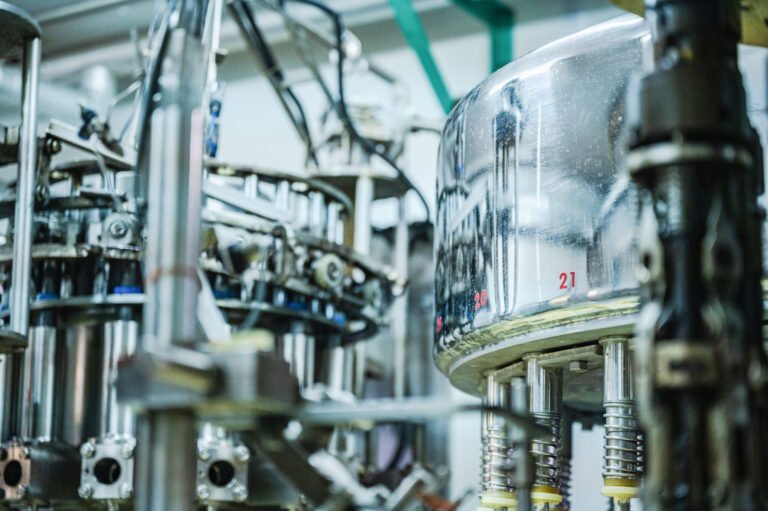Reciprocating industrial compressors, commonly known as piston compressors, are the workhorses of the manufacturing world. Thanks to their robust design and flexibility, these machines are essential for a myriad of applications across a variety of industries. The technology behind reciprocating compressors has stood the test of time, providing reliable and efficient pressure boosts for gases such as air. In this article, we’ll delve into the operating mechanics, industrial versatility, energy efficiency, durability, compresor industrial alternativo enhancement associated with these powerhouses. Read on to understand why a reciprocating industrial compressor can be the backbone your operations need.
The Versatility of Reciprocating Industrial Compressors in Various Industries
One of the reasons for the widespread adoption of reciprocating compressors is their versatility. They can be used to power pneumatic equipment in the manufacturing sector, facilitate refrigeration cycles in the food industry, and supply compressed air for drilling and mining operations.
The automotive industry also relies heavily on reciprocating compressors for a multitude of processes, such as spray painting and operating pneumatic tools on assembly lines. Their reliability ensures a consistent production rate, which is crucial in high-demand manufacturing environments.
In addition, their application is not limited to land-based industries; ships use these compressors for everything from engine starting to air conditioning, proving their adaptability to various environments and pressure demands.
Energy Efficiency Advantages of Using Reciprocating Compressors
Reciprocating compressors have been recognized for their energy efficiency, largely due to their ability to operate on a load/unload basis, which minimizes energy waste. They only consume energy when needed, which can reduce electricity bills and the carbon footprint of an operation.
In addition, they are capable of reaching high pressures in a single compression stage, unlike other types of compressors that may require multiple stages to reach similar pressure levels. This efficiency in operation also translates into energy savings.
Technological advances have also enabled the development of variable-speed drives (VSDs) for reciprocating compressors. VSDs further optimise energy consumption by allowing the compressor motor speed to be adjusted based on demand, rather than running at full capacity at all times.
Longevity and Durability: Reciprocating Compressors as a Cost-Effective Solution
The investment in a reciprocating compressor can be considerable, but is often justified by the longevity and durability of the unit. Built to withstand harsh conditions, a well-maintained reciprocating compressor can have an impressive lifespan, often running efficiently for decades.
Its construction from high-quality materials means that wear and tear is significantly reduced, even in high-demand scenarios. This robustness ensures that downtime is kept to a minimum, providing continuous operational capability.
When repairs are required, the modular design of many reciprocating compressors allows specific components to be replaced or refurbished, which can be more cost-effective than the complete replacement required by other types of compressors.
How Industrial Reciprocating Compressors Improve System Reliability and Performance
The reliability of reciprocating compressors is one of their key selling points. Built with fewer moving parts than their rotary counterparts, they are less likely to suffer mechanical failure, increasing the stability of the systems they support.
They are also renowned for their consistent performance under varying conditions. Whether set to high pressures for industrial use or lower, more precise pressures in laboratory environments, these compressors operate without compromising output quality.
The introduction of digital monitoring systems has further improved the performance of reciprocating compressors. Real-time data allows for proactive maintenance and a quick response to any operating anomalies before they cause a system shutdown.
All in all, the industrial reciprocating compressor stands out as a multi-faceted asset in numerous industries. With their remarkable efficiency, durable design and adaptable performance, they not only meet the needs of modern industry, but exceed them. Together, this

